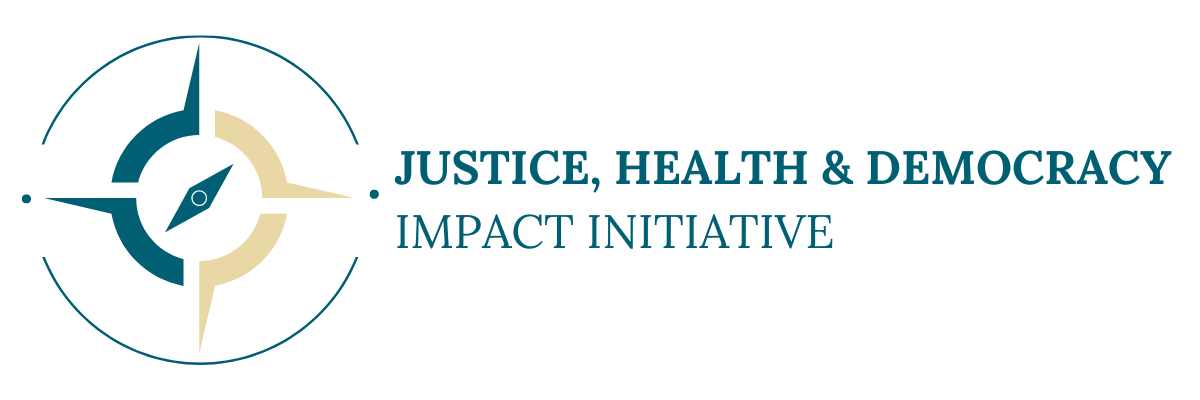What We're Working On
Current Impact Projects
All Justice, Health & Democracy Impact Initiative work centers on strengthening a social contract that ensures the “safety and happiness” of the people. Those are the words used in the Declaration of Independence as a translation of the ancient Roman dictum salus populi suprema lex esto (“let the health of the people be the supreme law”). In order to ensure a healthy democracy for all Americans, our projects begin by establishing ethical frameworks for policy design that set human flourishing as our ultimate goal. View the latest publications from all of our Impact Projects here.
.
Alternative Emergency Response Programs
The reverberations from George Floyd’s murder in Minneapolis have underscored the need for cities across the U.S. to rethink police responses. One approach has been the creation of alternative emergency response programs (AERPs). The goal of AERPs is to divert behavioral health crises from traditional police response, instead connecting those in crisis with trauma-informed and community-based services, thereby curbing arrests, incarceration, and other traumas all too often associated with traditional police-centric responses.
To aid in the understanding, design, and implementation of AERPs, we have partnered with three cities—Dayton, OH; Madison, WI; and Oakland, CA—to form a community of practice. This JHD impact project will aid in the creation of tailored ethical principles and policy design frameworks that seek to foster a culture of health that meets the needs of diverse communities and ensures racially equitable outcomes.
Genetics, Ethics & Society
Glaring disparities and inequalities in health care have invigorated debates about the role of race and racism in biomedicine. For instance, race has traditionally been seen as an important variable for diagnostic and predictive purposes. Responding to this, medical institutions are reexamining the use of racial categories in patient care. One strategy to move beyond the problematic use of racial categories has been to incorporate alternative genetic concepts in research and clinical practice—in particular genetic ancestry and population categories.
The Genetics, Ethics & Society project is motivated by the increasing importance of genetic ancestry to a broad range of disciplines, including medicine, public health, genetics, and sociology. We aim to describe how ancestry is being evoked and used across disciplines, and propose normative guidance for how it should be used. By partnering with academic and healthcare institutions like the Broad Institute, JHD is capitalizing on an important opportunity to help reshape how the biosciences think about race and genetics.
.
Economic Dignity & Security
The Covid-19 pandemic has highlighted—and accelerated—increasing inequality and barriers to universal economic dignity and security. Community Wealth Building is an approach that provides a means to create inclusive wealth for individuals, foster dynamic and sustainable local economies, and advance the common good. JHD’s work in this arena focuses on assessing and building real wealth in historically disadvantaged communities.
Most recently, JHD has partnered with New America’s New Practice Lab to participate in The Opportunity Project (TOP)—a program of the U.S. Census Bureau that connects government agencies with experts and practitioners to rapidly design digital solutions to advance the public good. JHD brought municipal and county-level expertise to the U.S, government’s work to identify and develop new tools and indicators that capture dimensions of wellbeing beyond traditional economic indicators. The TOP sprint provides federal and local policymakers with the tools to holistically assess economic wellbeing and bring an ethics-based approach to federal and local decision making.
Responsible Technology
Our work on technology’s role in democratic governance has produced guidance on how to best integrate technology into policymaking as well as how to mitigate possible negative impacts of digital technologies.
The responsible technology line of work is producing a robust portfolio of collaborative projects across the domains of instruction, research, and translational work, including:
Ethical AI Technology: A field-defining white paper series published in conjunction with the Carr Center for Human Rights Policy that considers the ethical use of artificial intelligence in many domains. The series has assembled an impressive collection of thinkers and practitioners, spanning the academic and tech-space to propose ways for society to effectively use technology in ways that do not reproduce and entrench pervasive patterns of inequality.
Digital Public Goods: We produced a white paper on Digital Public Goods in collaboration with the Omidyar Network. The paper outlines the ethical considerations and best practices for organizations and governments in emerging economies seeking to promote social well-being by building necessary core digital infrastructure for citizens, such as financial transaction systems. This work was shared with over 100 countries by the United Nations Development Programme (UNDP).
Governance of Emerging Technology and Tech Innovations for Next-Gen Governance through Plurality: the GETTING-Plurality Team seeks to advance understanding of how to shape, guide, govern, and deploy technological development in support of democracy, collective intelligence, and other public goods. Our focus is on how to do so, given the plural nature of human intelligence. We pursue foundational analysis and theory, field-building, and policy development to foresee and mitigate potential harms to democracy and to strengthen the public benefit and democracy-supportive effects flowing from technology innovation. Impact partners currently include RadicalXChange, the Plurality Institute, the UMass Initiative for Digital Public Infrastructure, and the Council for Responsible Social Media.
Visit our GETTING-Plurality research network site.
.

